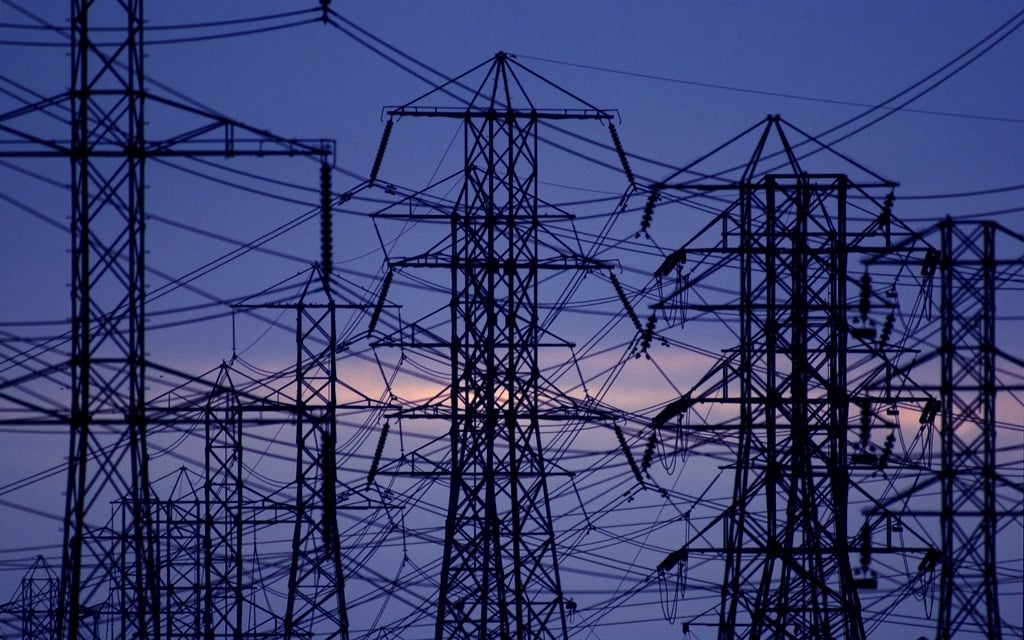
- Earlier this week President Cyril Ramaphosa said he asked Eskom to halt an 18.65% tariff hike amid the energy crisis.
- The National Energy Regulator of South Africa is the only authority that sets the price consumers can be charged for electricity, says Eskom.
- The regulator's decision can only be challenged through the courts.
Those "aggrieved" by the upcoming 18.65% electricity tariff hike will have to lodge a court application to challenge the energy regulator's decision, power utility Eskom has said.
This comes days after President Cyril Ramaphosa told delegates at the ANC Free State provincial conference that he asked the power utility to halt the tariff hike amid ongoing load shedding. The tariff is set to kick in April.
Responding to questions from News24, Eskom indicated that the National Energy Regulator of South Africa (Nersa) is the only authority in the country that can set the price that consumers can be charged for electricity. Nersa also follows an "exhaustive" public participation process to get input from different stakeholders and considers the costs that Eskom will incur before deciding on the final outcome.
Nersa allows for Eskom to recover "efficient costs," said Eskom. These relate to commitments such as coal contracts, Independent Power Producer Contracts, diesel purchases, the implementation of maintenance, employee contracts, and debt commitments.
"If Eskom does not recover from the consumer, then the burden on the taxpayer increases. Thus efficient costs will need to be recovered – they do not just disappear," the power utility said.
It added that the only route open to challenge Nersa's decision is to launch an application with a high court to review and set aside the regulator's determination.
UJ Professor Hartmut Winkler, who focuses on energy matters, similarly highlighted Nersa's role in setting the electricity price. He argued that if Eskom were not to implement the tariff hike, there would need to be a trade-off such that government provide some support to make up for the shortfall the utility faces.
Winkler warned that if Eskom adheres to the president's request, it will set a precedent where in future a president could intervene again and ask for a price increase to be delayed.
Peter Attard Montalto, managing director of Intellidex, does not think that Eskom would follow through with the president's request.
"There are huge downsides to this kind of populist interference from the very top - including director delinquency, a large VAT hike to pay for more bailouts and destroying credibility around user pays [principle]. All this means the president's request is unlikely to be listened to despite the hints from the board," he said.
There was a time, however, when Eskom did not implement a Nersa approved tariff due to a president's request. Nersa indicated that in March 2012, Eskom applied for Nersa to review its approved tariffs for the period 1 April 2012 to 31 March 2013. The president at the time was Jacob Zuma - based on his State of the Nation Address - it appears the request was made to aid job creation and economic growth.
According to a 2012 media statement from Nersa, the tariff was reduced from 25.9% to 16%. News24 understands there was a clawback tariff for Eskom to make recoveries in latter years.
Independent energy expert Chris Yelland said the reduction caused major problems for Eskom and was the beginning of it receiving "bailouts".
If Eskom loses out on revenue to cover costs through electricity prices or tariffs, it has to rely on bailouts from the shareholder - government. "Whatever money does not come from the customer in tariffs will come from the taxpayer in government bailouts," he said.
Bar this incident, Nersa head of communication Charles Hlebela said that the regulator does not review its own decisions and that these should be challenged judicially.

